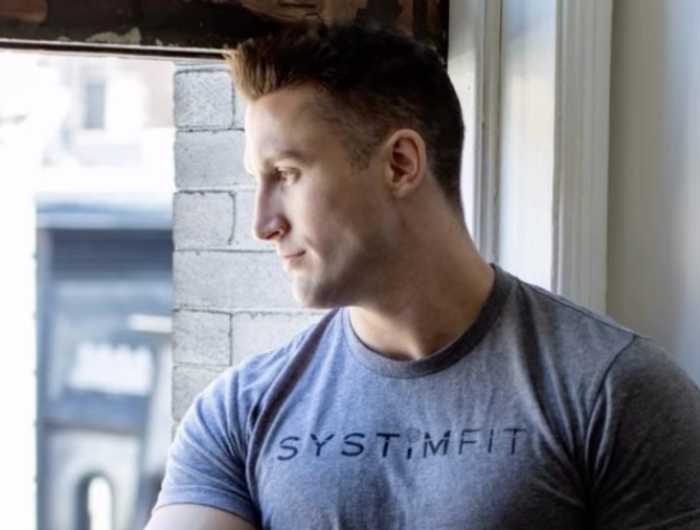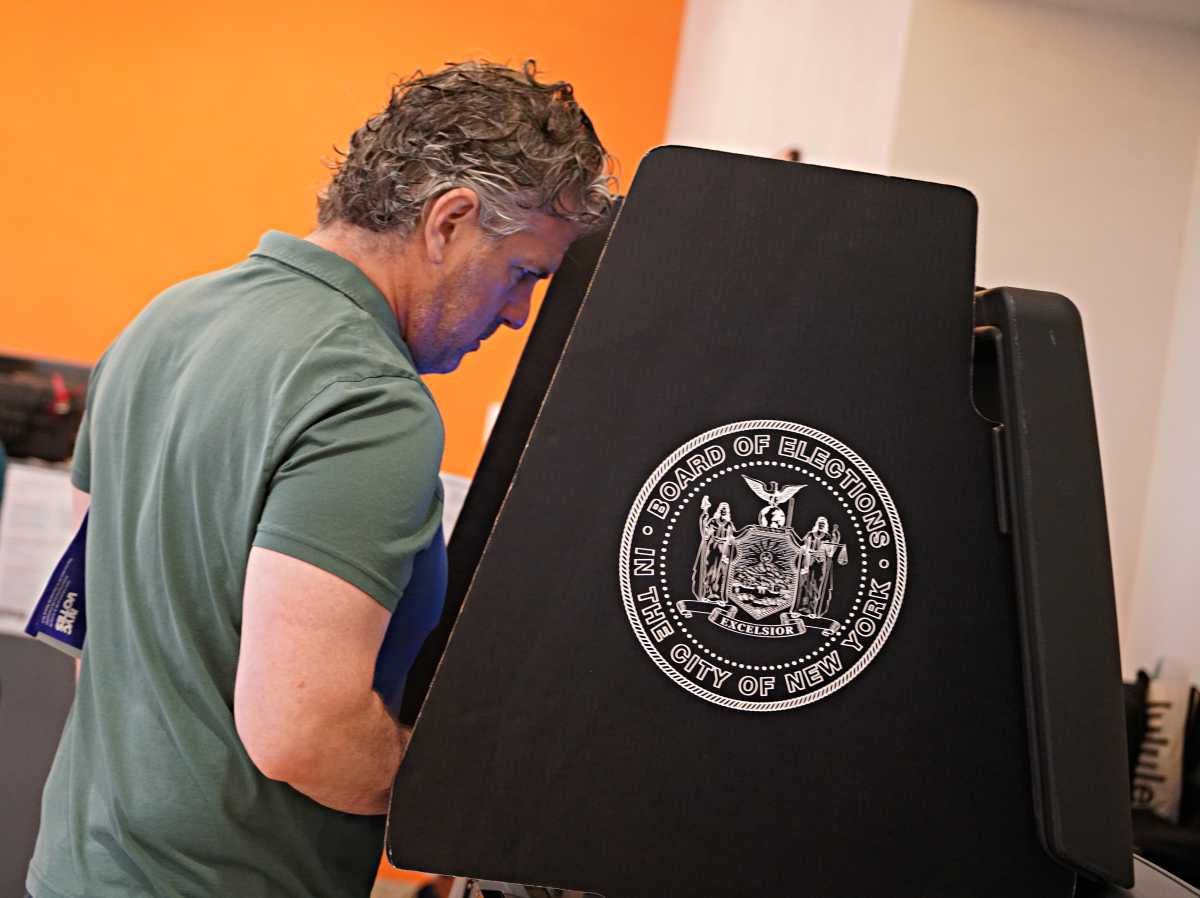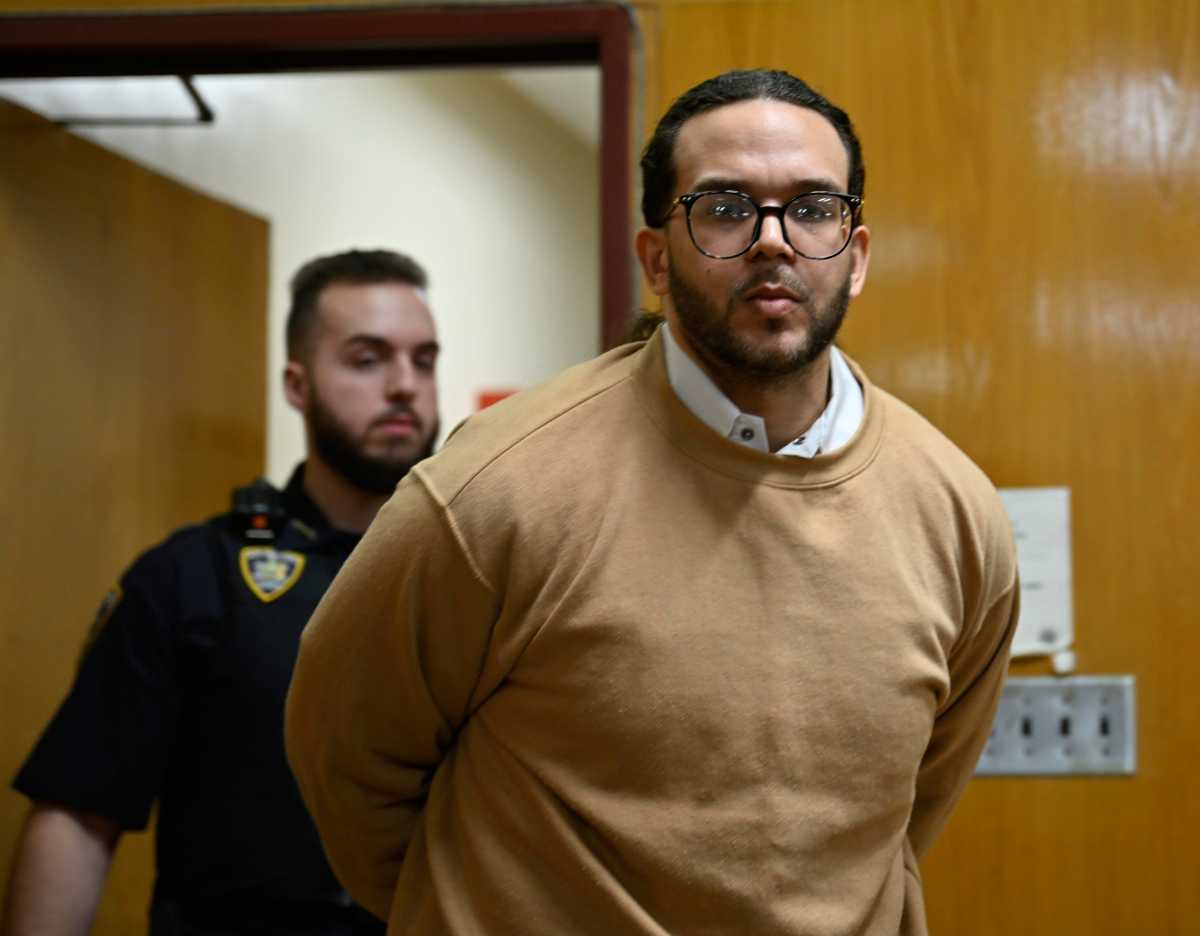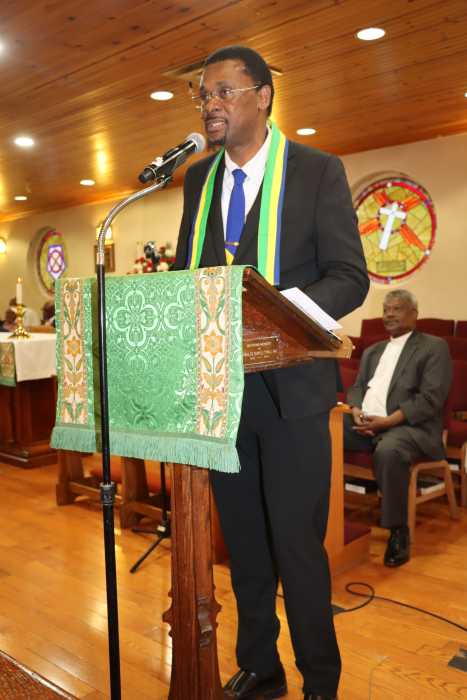Renato Seabra in Manhattan the week he killed Carlos Castro. | MANHATTAN DISTRICT ATTORNEY
A prosecution expert in the trial of Renato Seabra, the accused killer of Carlos Castro, told jurors that the now 23-year-old Seabra was legally sane when he strangled, beat, and castrated the Portuguese TV personality in a Manhattan hotel room in 2011.
“I believe Mr. Seabra understood the nature and the consequences of his actions at the time of the murder and he knew it was wrong,” said Dr. William Barr, the director of a neuropsychology unit at the NYU Langone Medical Center, on October 25.
Seabra faces a single count of second -degree murder that alleges he intended to kill the 65-year-old Castro. The defense says Seabra was legally insane when he killed the older man and cannot be held responsible under the law.
With both sides agreeing that Seabra killed Castro, the jury will decide if Seabra is guilty of intentional murder or if he is not guilty by reason of insanity. If convicted of the former, Seabra could get a maximum sentence of 25-years-to-life in prison.
One defense expert, psychologist Jeffrey Singer, testified that Seabra had bipolar disorder and was in the throes of a psychotic episode during the killing. In the defense recounting, Seabra’s bipolar disorder onset rapidly, perhaps 72 to less than 24 hours before the killing. His attorneys’ description of his disorder’s prodrome — the symptoms that appear before the diagnosis is made — would have been atypical, Barr said.
“To develop symptoms of a manic episode in such a short time, a few days, is exceedingly rare,” he said. “I saw no convincing evidence before January 7 that Mr. Seabra was entering a prodromal state.”
Barr said the average prodromal state lasts for two years and the first signs of mania typically appear 20 weeks before a diagnosis, according to studies he reviewed. Any psychosis, Barr said, came in response to the gruesome killing, after the fact.
“If there is psychosis… it’s far more likely the result of having committed a murder,” said Barr when his testimony continued on October 26.
Seabra killed Castro in an hour-long attack on January 7 of last year that left blood throughout the hotel room they shared. After the castration, Seabra said he placed Castro’s testicles on his wrists as part of a ritual he was acting out. He then showered, dressed in a suit, and wandered the streets of Midtown Manhattan touching people to cure them, Seabra told the experts. His accounts have varied.
In one interview, Barr had finished and left the room only to be called back after Seabra conferred with David Touger, one of Seabra’s defense attorneys. Seabra told him that homosexuality was the demon he believed he was exorcising by castrating the older man.
In another instance, Seabra first said he did nothing with Castro’s testicles after he removed them and only said he put them on his wrists after Barr prompted him two more times. Seabra told Singer that he drank Castro’s blood, something that even the defense expert did not believe.
“One thing I noticed in looking at all the accounts of the murder, the weirdness seems to increase over time,” Barr said. “It’s getting stranger and stranger every time.”
Barr did not conclude that Seabra was faking his illness, as the prosecution contends, but he did not rule it out. He conducted five psychological tests on Seabra and interviewed him three times for a total of six hours.
“In terms of Mr. Seabra’s responses, they were all within normal limits,” Barr said of the testing, though Seabra scored higher on measures for hostility, manipulativeness, and anger.
“You see this a lot in people who are violent offenders,” Barr said.
The prosecution’s story is that Seabra became enraged when Castro ended their relationship, and Seabra’s hoped-for modeling career, and announced they were returning early to Portugal.
Barr saw “extreme anger, rage” in the crime scene evidence and the continued beating, or “overkill,” as it has been called during the trial. The castration was a further attack.
“It’s essentially a way to humiliate your victim,” Barr said. “I believe that’s what happened in this case.”
The trial’s tensions were evident during Barr’s cross examination by Rubin M. Sinins, Seabra’s other attorney, who repeatedly posed a hypothetical question in which Seabra was assumed to have satisfied all the requirements of an insanity defense. Sinins asked if Barr would then conclude that Seabra was insane at the time of the killing. Barr declined to answer that question, saying the hypothetical situation posed was not his conclusion.
With his voice rising and showing either real or feigned incredulity at each answer, Sinins repeated the question and began to draw repeated and angry objections from Maxine Rosenthal, the prosecutor in the case. The judge, Daniel P. FitzGerald, overruled her, saying she could take up the matter on her re-direct questioning of Barr. As Rosenthal continued to object, FitzGerald first told her to “sit down,” then said, “Overruled, overruled, overruled, overruled.”
Barr appeared to score some points of his own. In the middle of the case, the prosecution belatedly produced more than 1,000 pages of Seabra’s medical records from his time in Bellevue Hospital. Neither side has seen any of Seabra’s medical records from Portugal, so when Sinins asked Barr if he had reviewed all of Seabra’s medical records in his evaluation, Barr answered, “No.”
Thinking Barr was referring to the Bellevue Hospital records that came in late, Sinins marched to the defense table, picked up the 1,117 pages from Bellevue, and placed them on the witness stand in front of Barr. Sinins asked, with apparent shock, if Barr had not reviewed those records. His voice even and quiet, Barr said he had reviewed those records, but he had not seen Seabra’s medical records from Portugal.
An apparently embarrassed Sinins explained, as he returned to a podium the attorneys use when questioning witnesses, that he had assumed that Barr was referring to the Bellevue records.
The trial will continue on October 31.



































